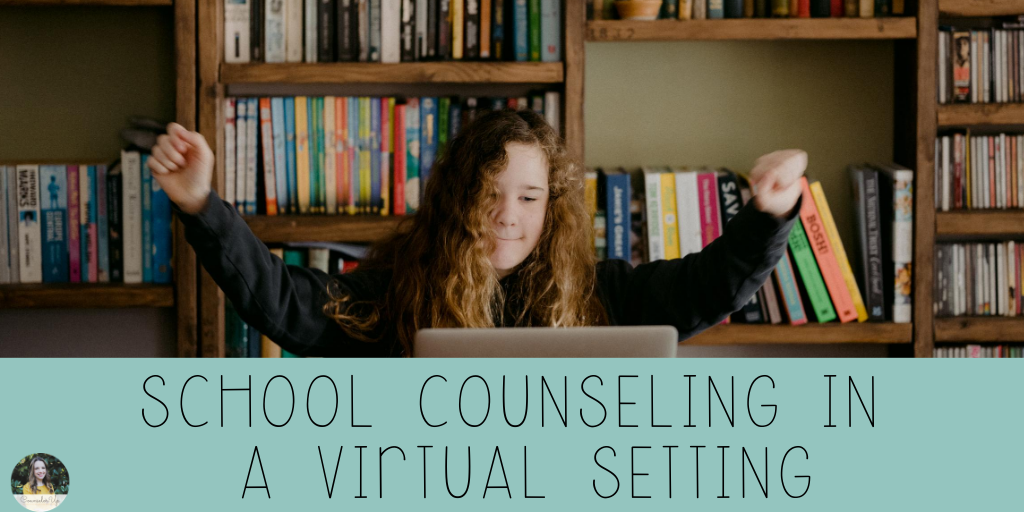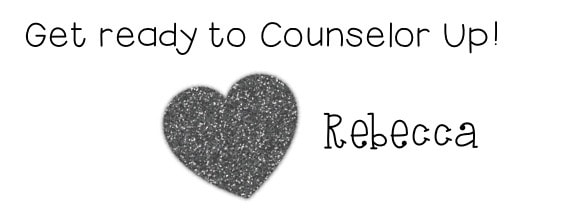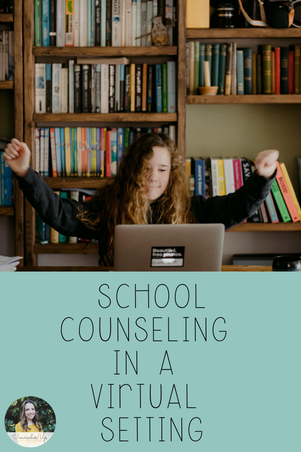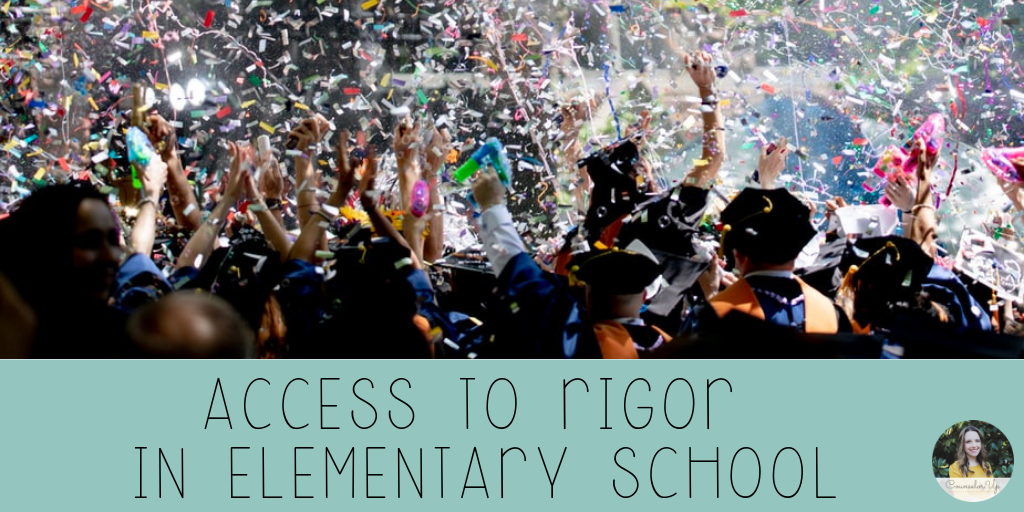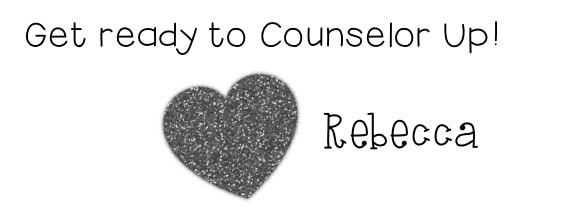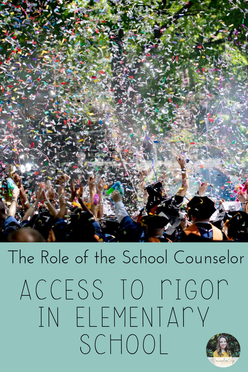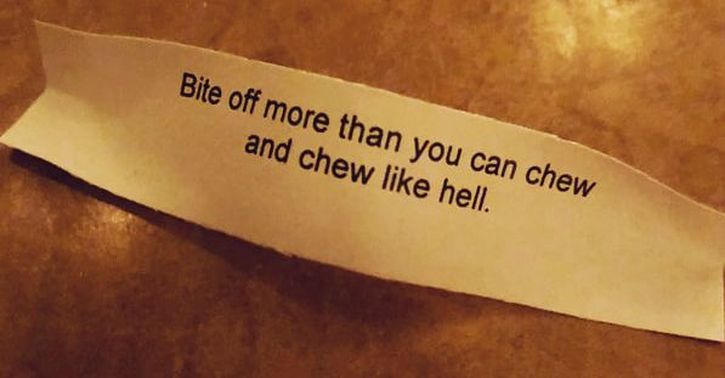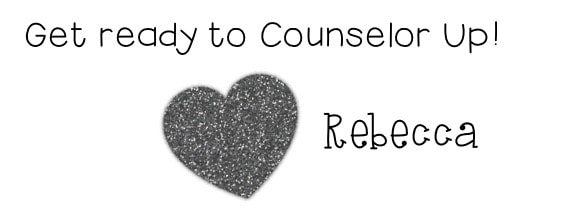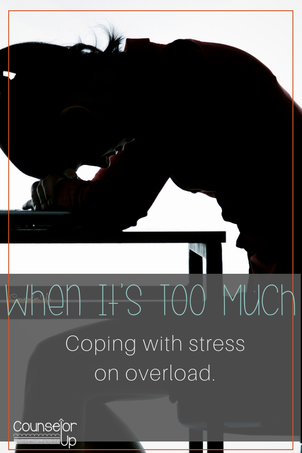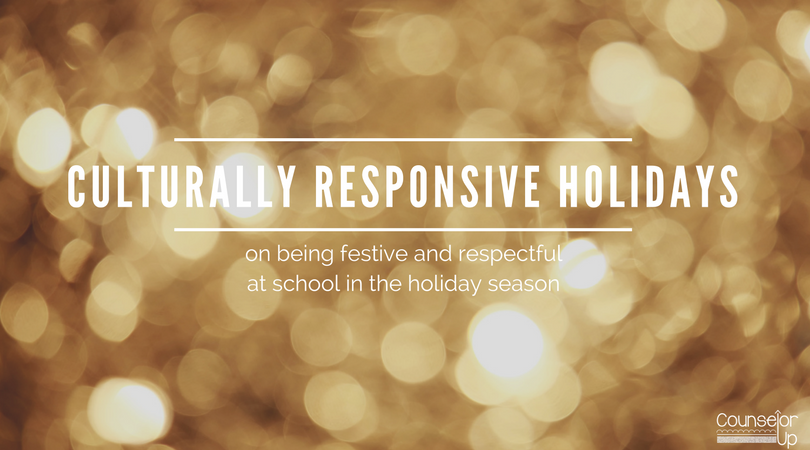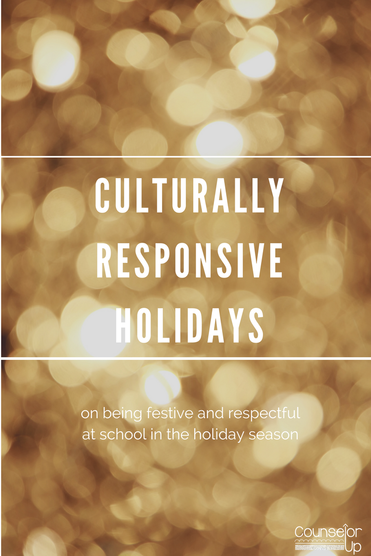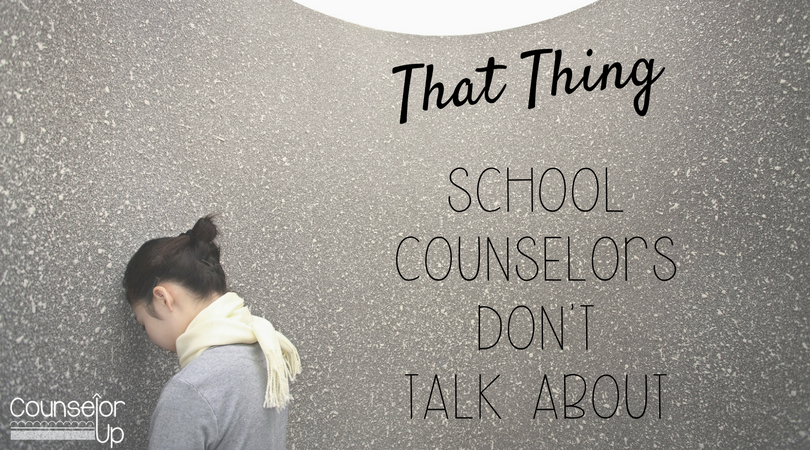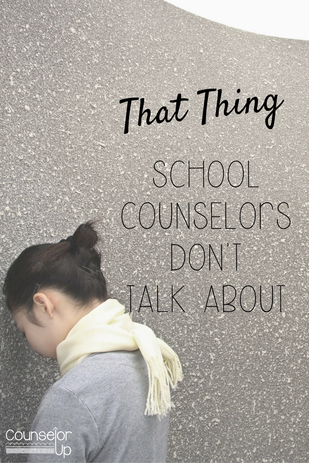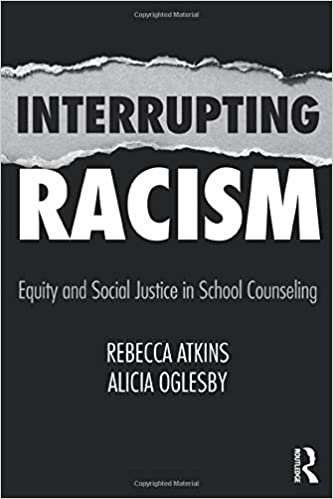High Visibility
So how can we adjust this to the virtual setting?
- Offer to read a book or stop in to morning meetings
- Ask to be included in any videos or phone messages that go out to parents
- Reach out to all parents by sending an email or asking teachers to include a message from you in their communication
- Attend PLC meetings for grade levels or content areas
- Call parents for students that you have worked closely with in the past just to check in
- If feasible, send postcards or notes to students
Use Data to Connect
When you reach out to parents do not talk about participation. This seems counter-intuitive, right? I heard about parents hanging up on the school in the spring, parents telling teachers and counselors they just couldn't do it and opting out. As we move forward with the 20-21 school year, that won't be as much of an option. We're no longer crisis teaching, we. have. to. make. this. work. The first step to building a team is building a relationship. Call and check in. Call and be a listening ear. And, please, don't just send an email.
Be the Support
How can we adjust this to the virtual setting?
- If your students have email, use email as a simple check in tool
- Ask parents if you can set up a 10-15 minute weekly check in (if this is allowed in your district)
- Ask teachers if you can virtually stop by any small groups this student may be receiving in the classroom
- Send a postcard or just call to say hello

